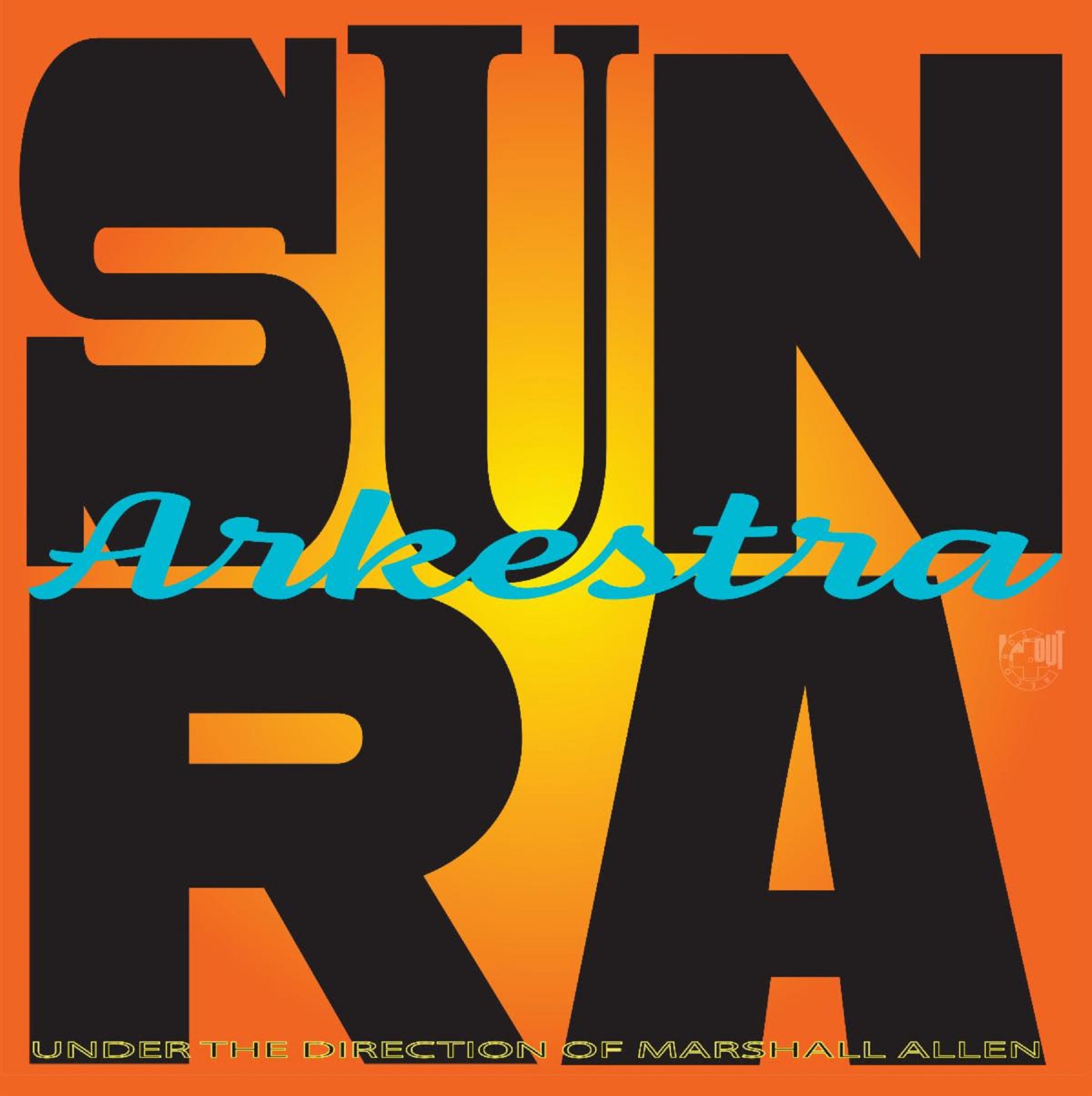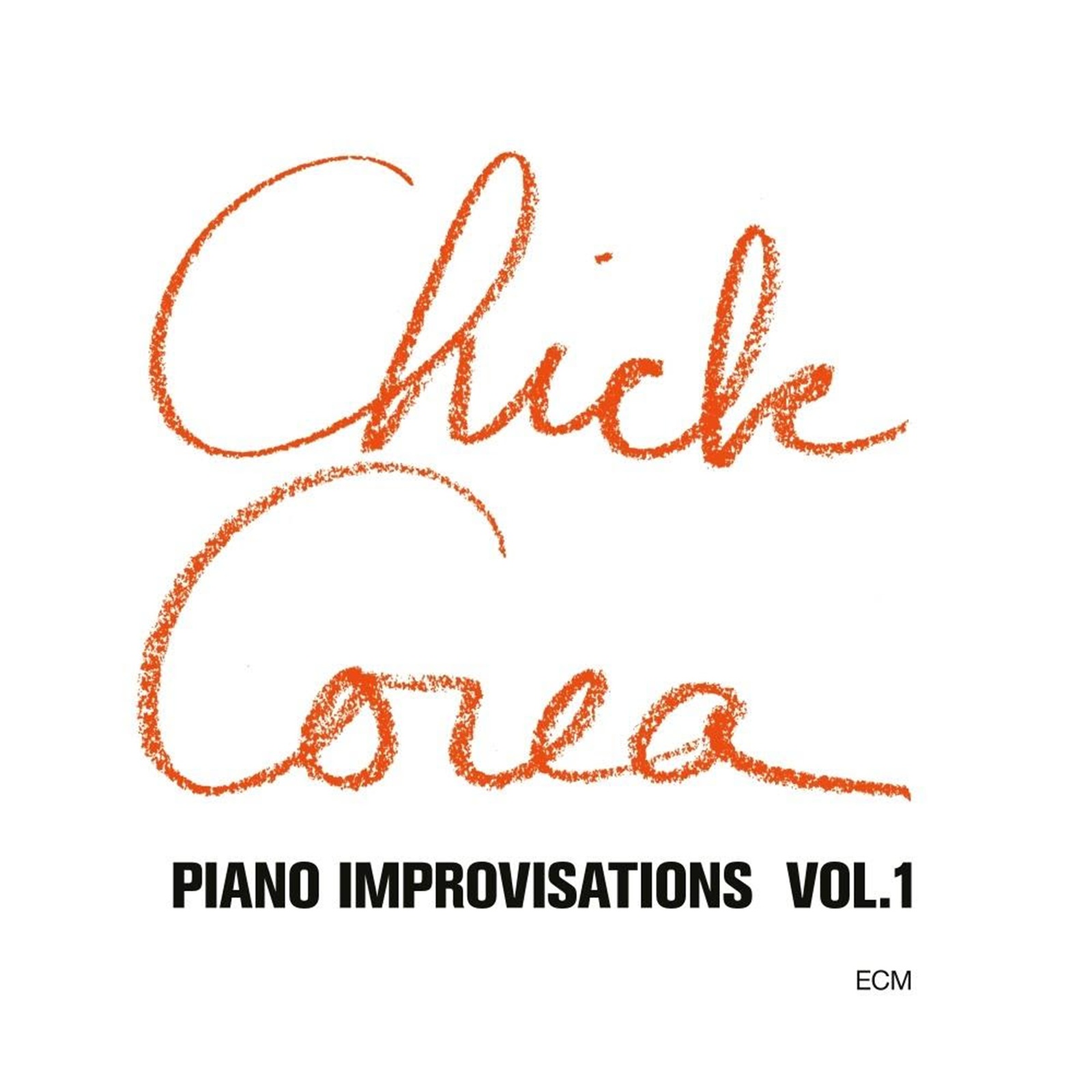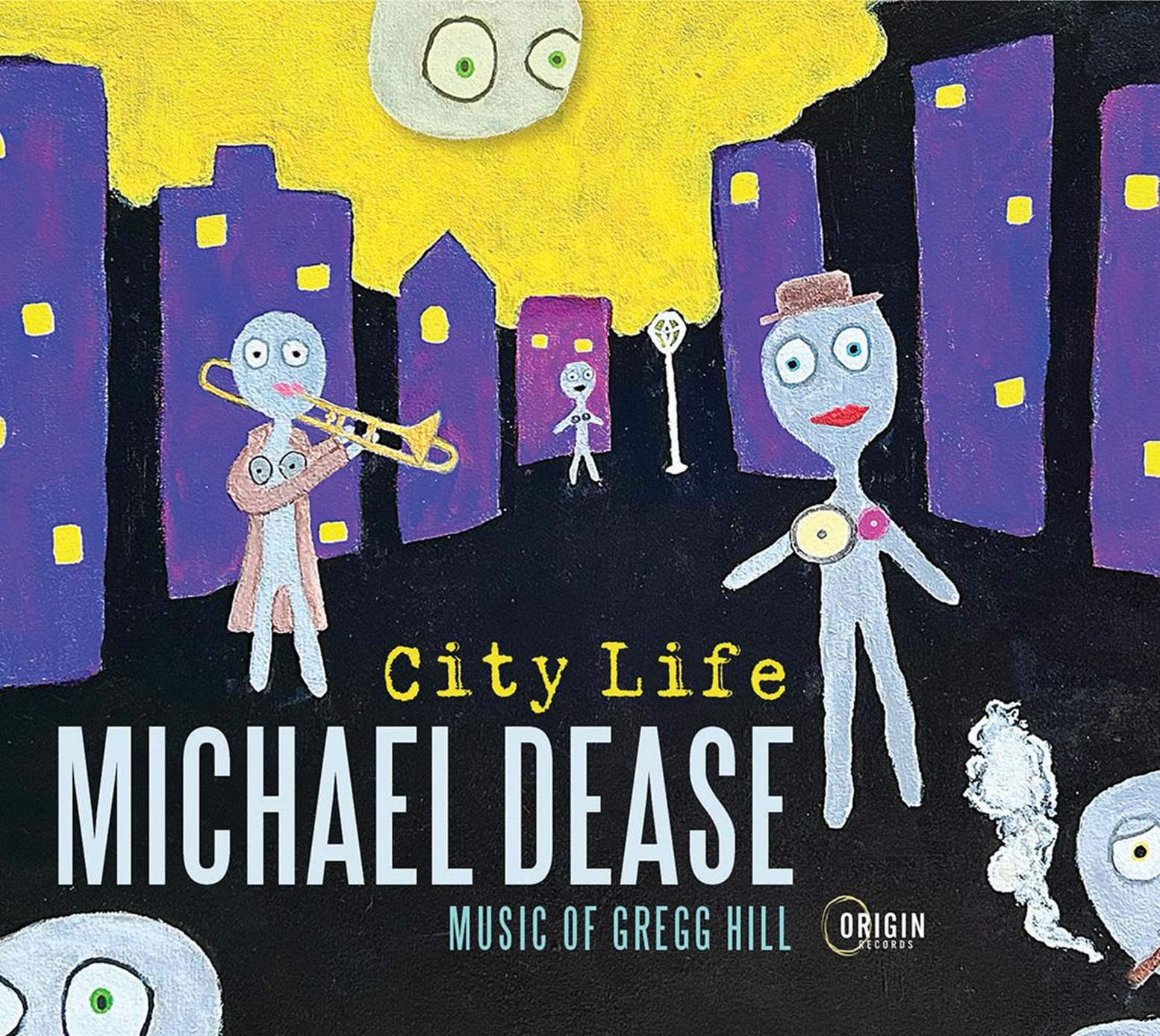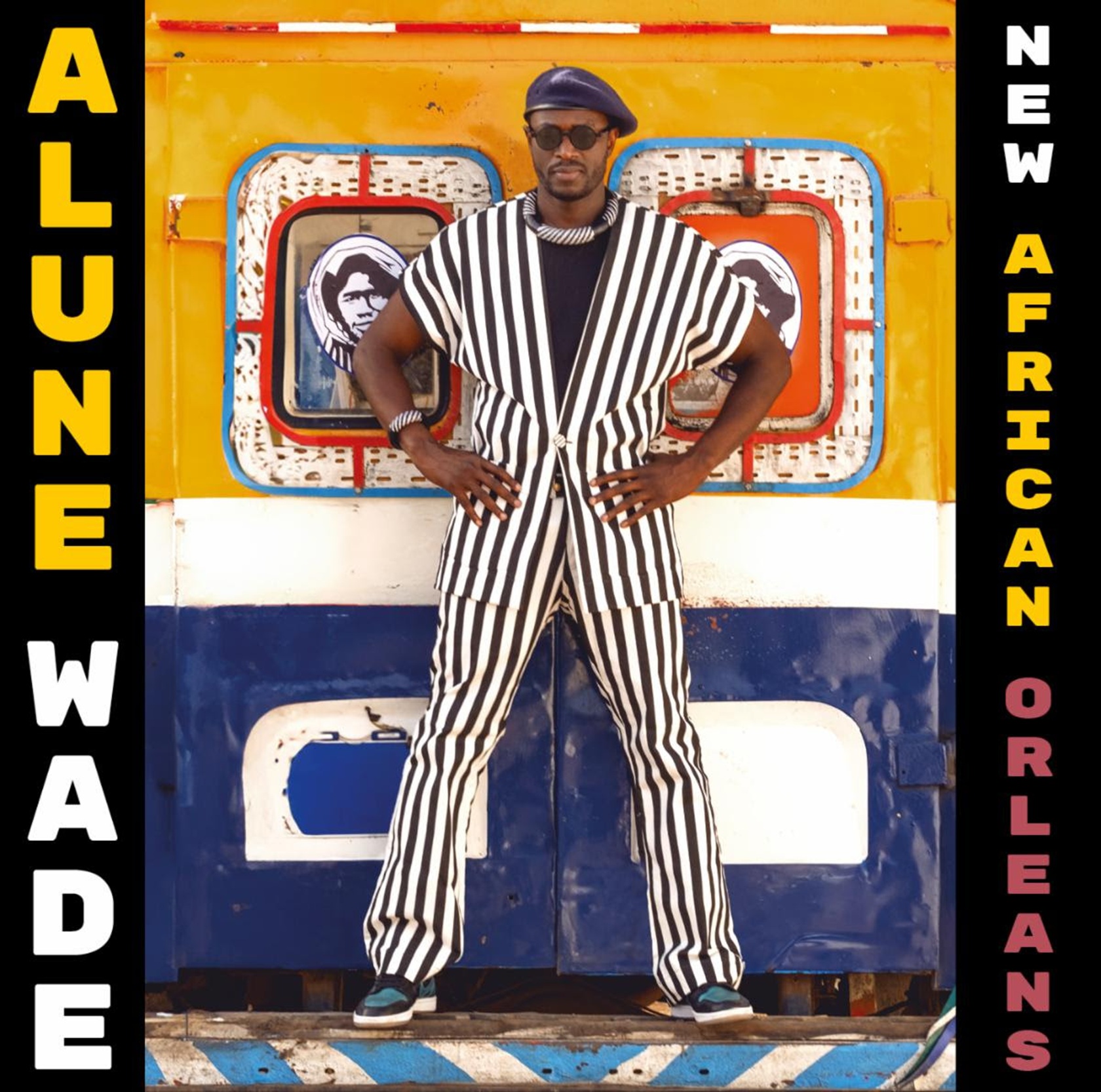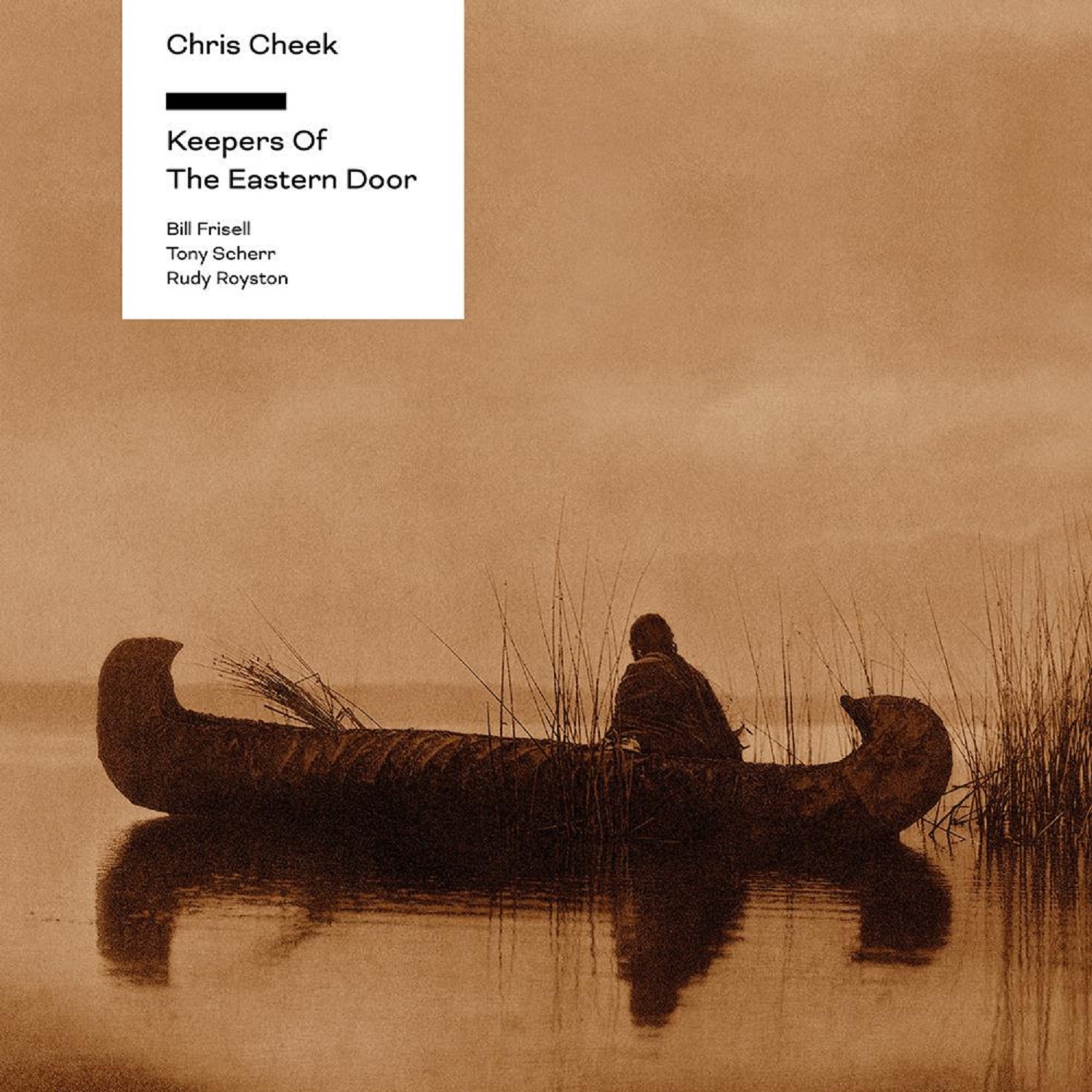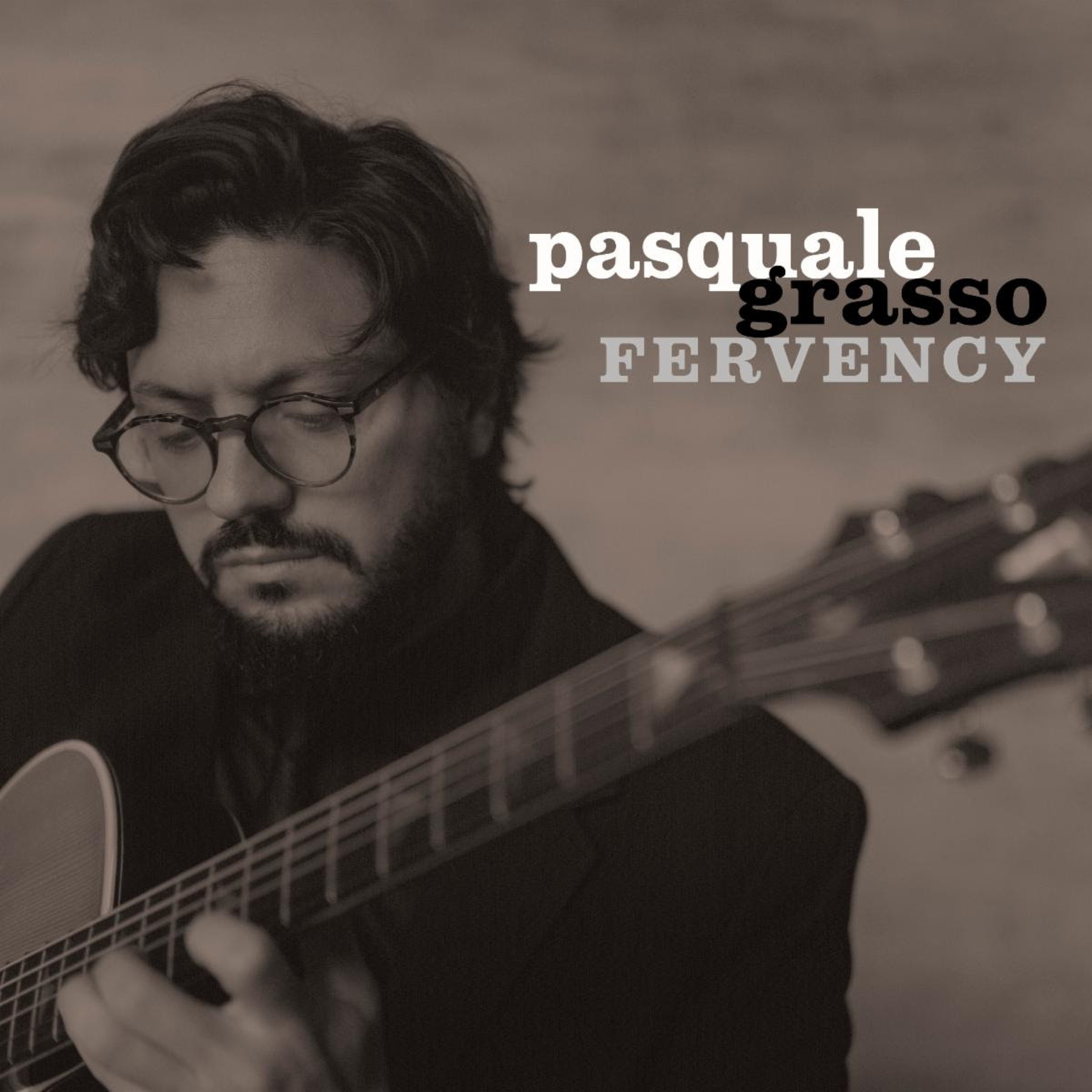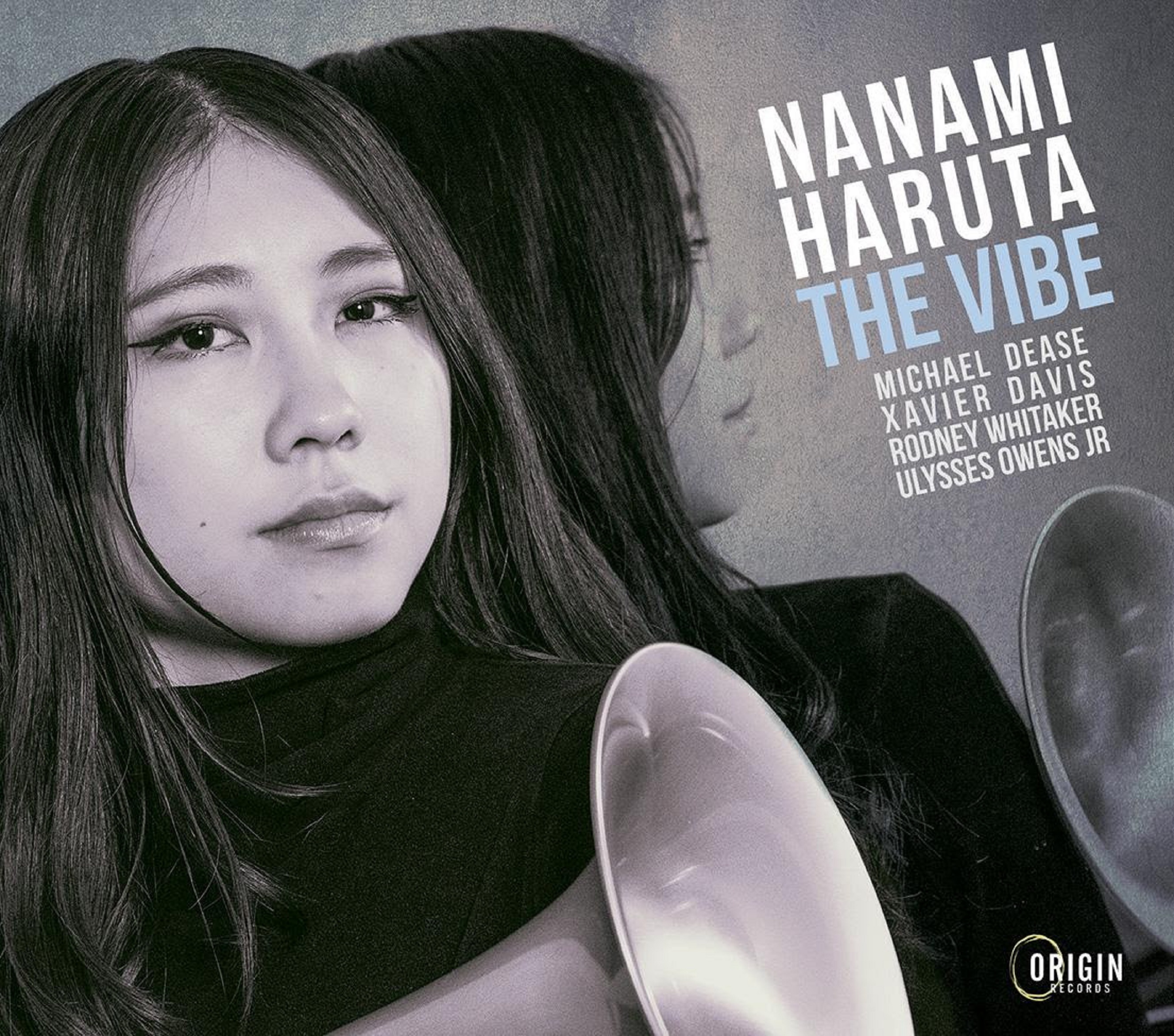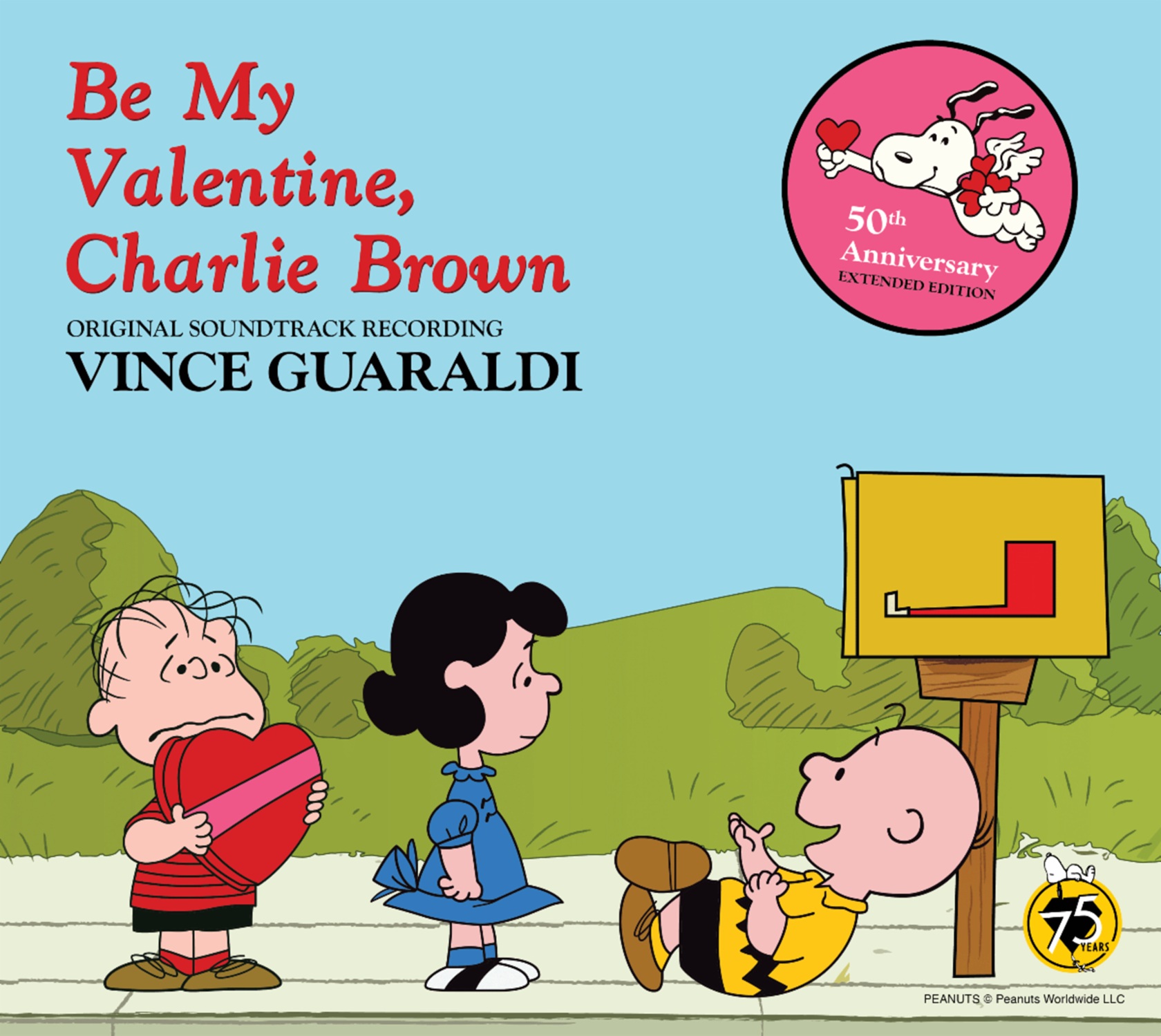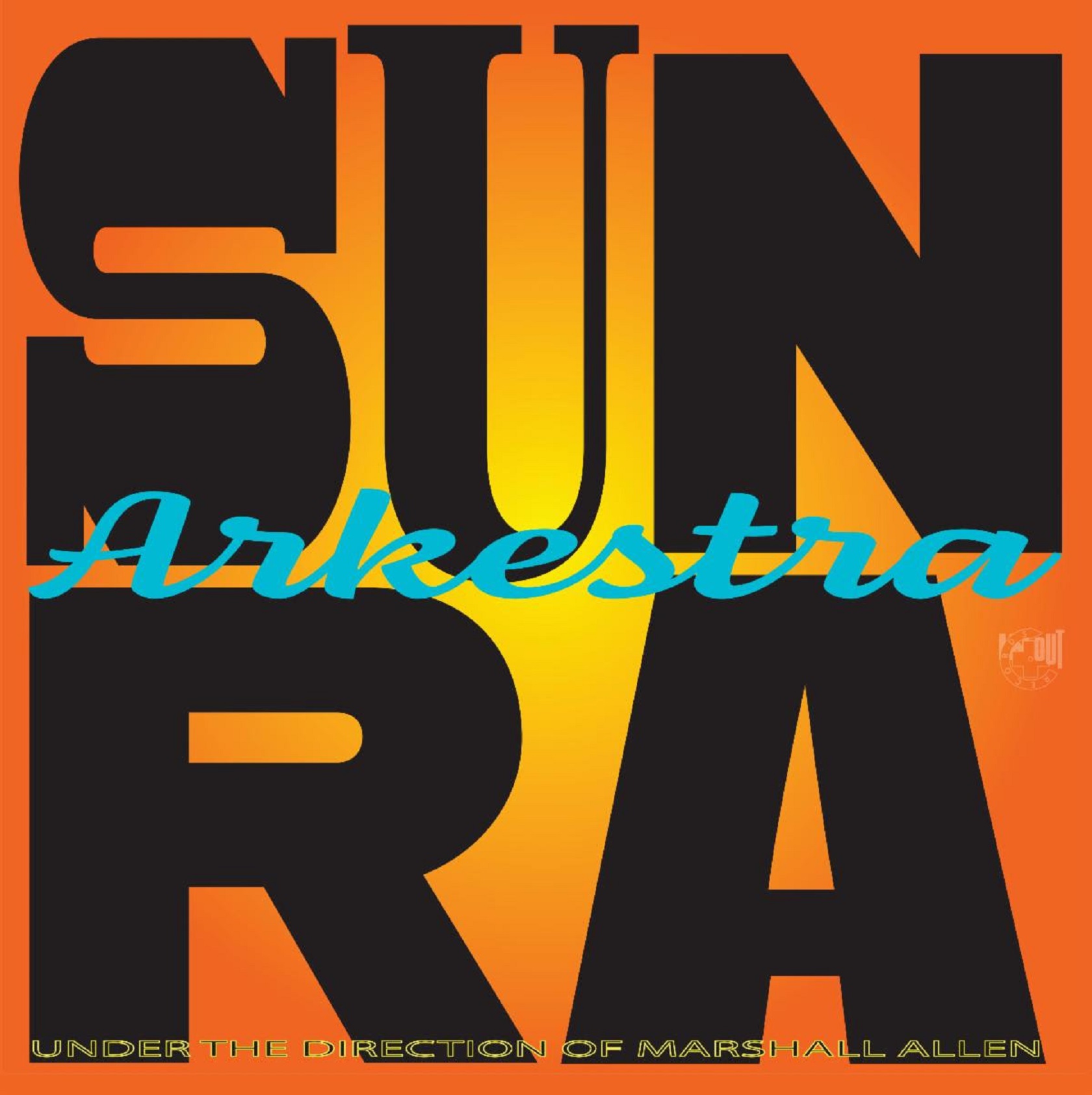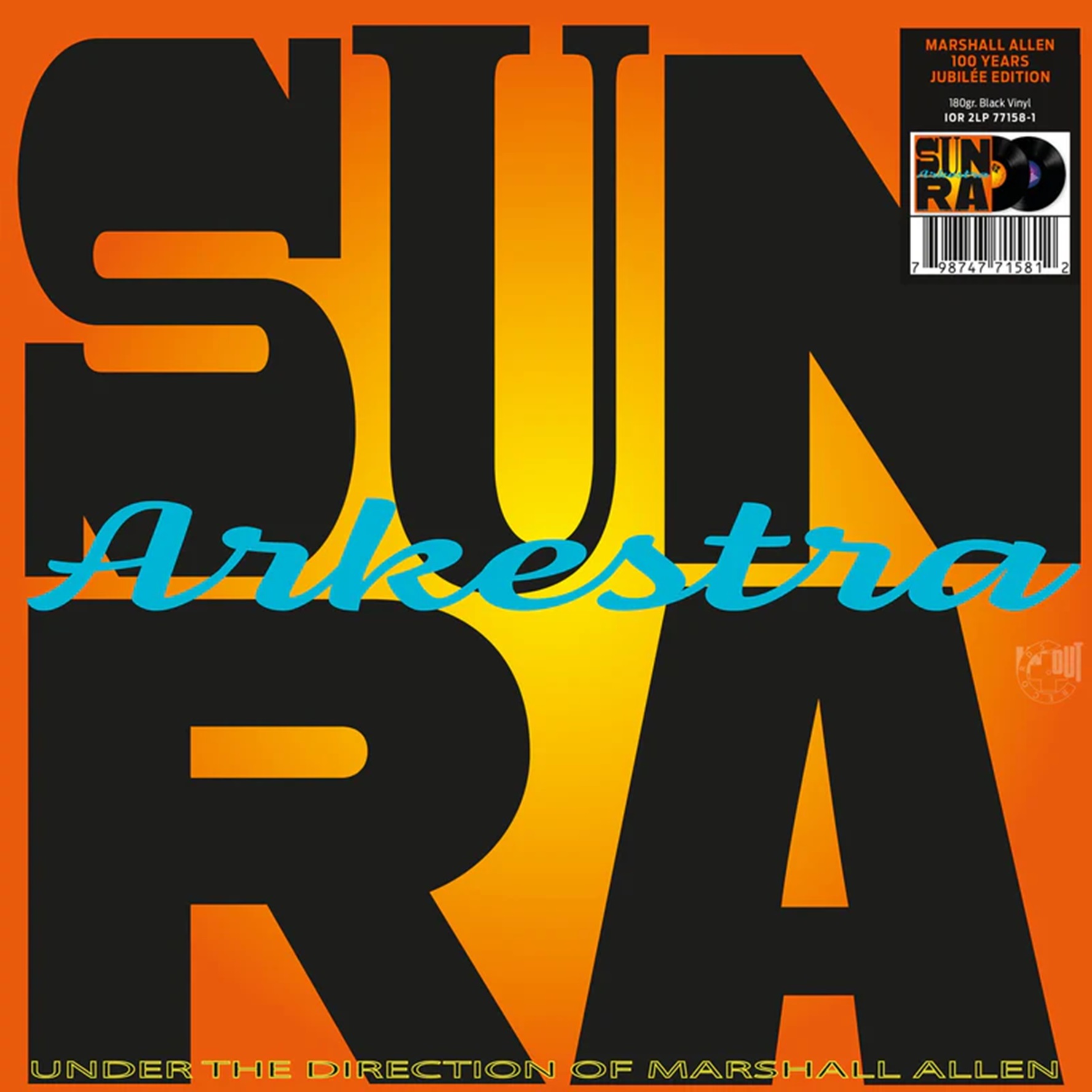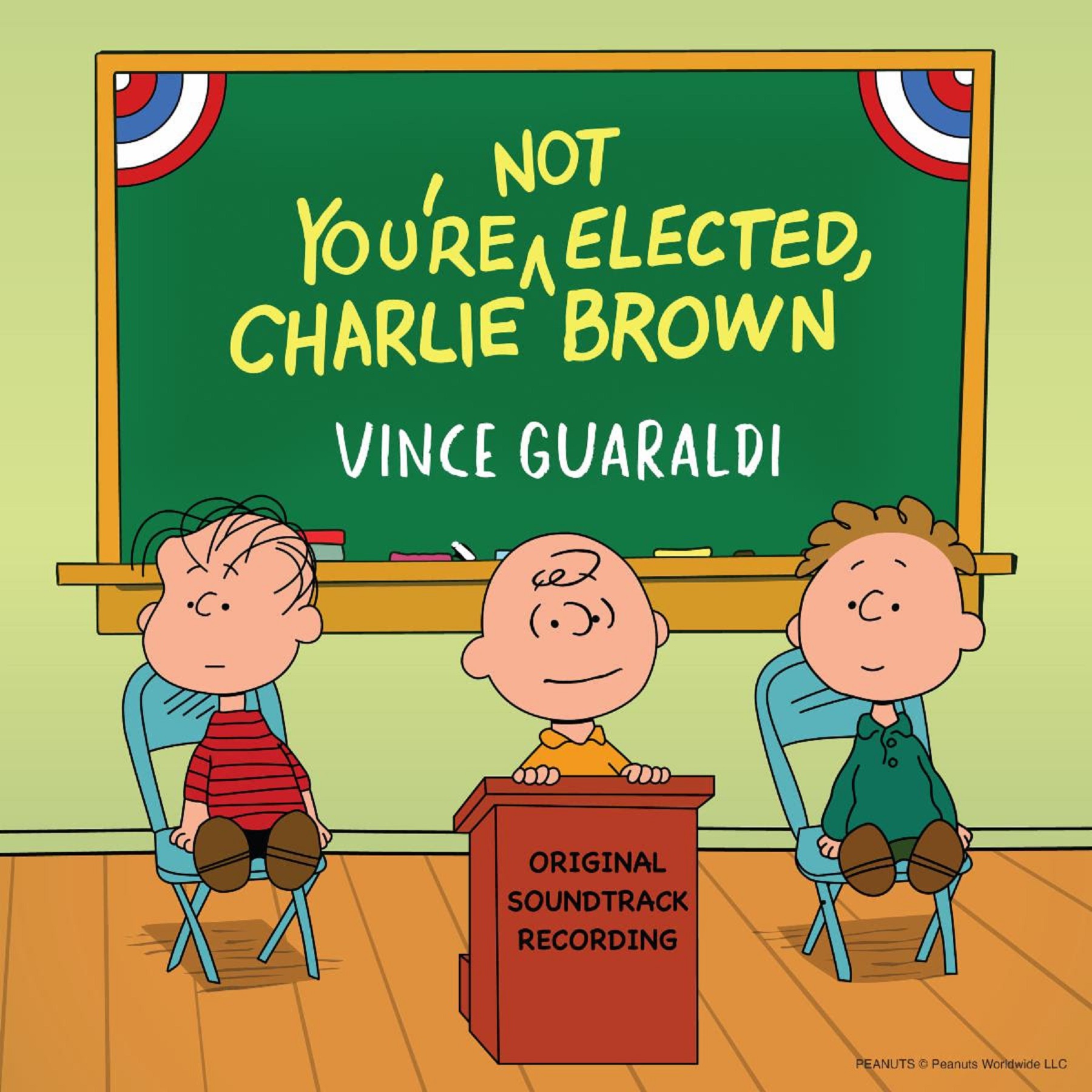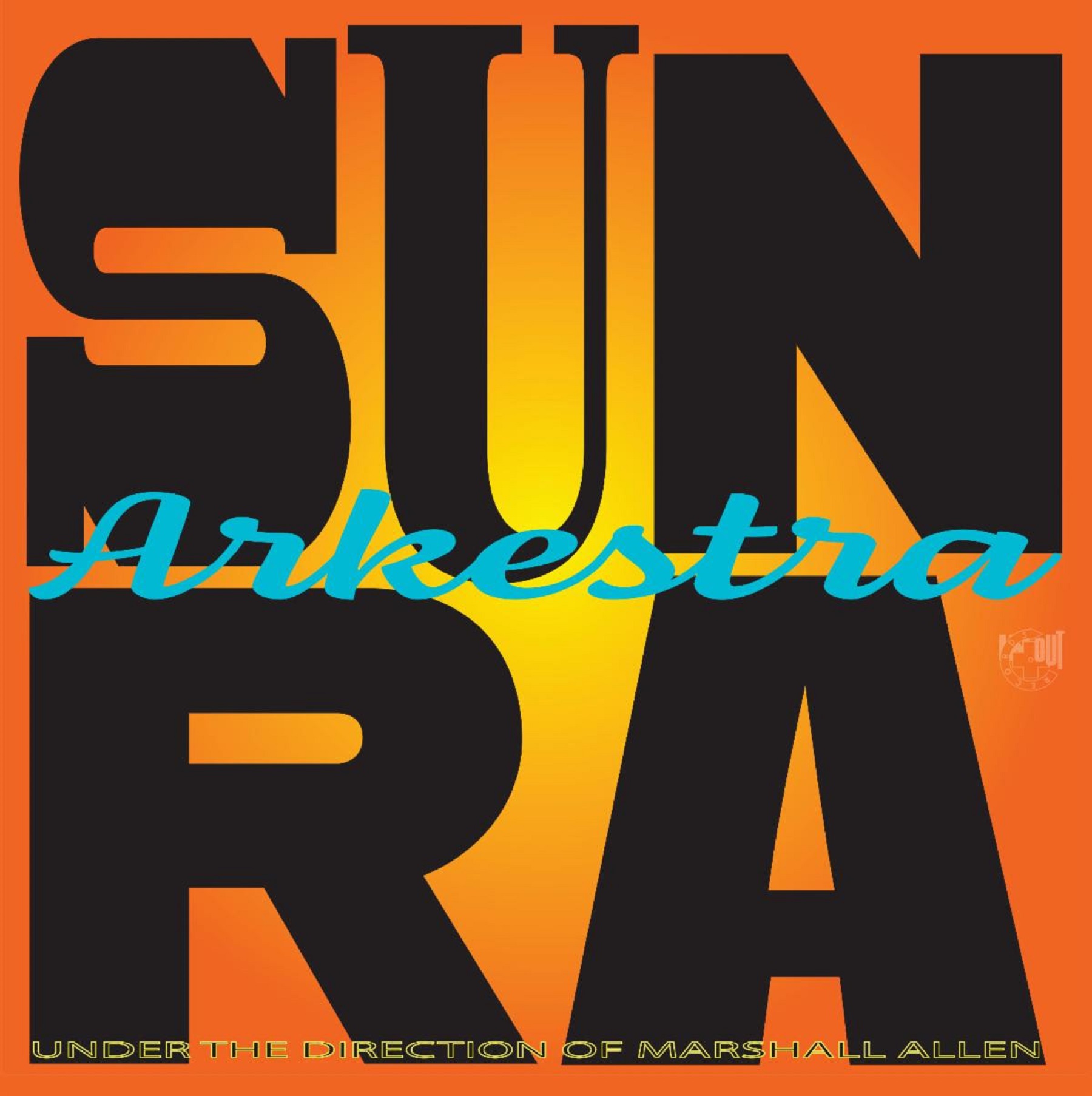From the free playing attitude of the Sun Ra Arkestra, Lights On A Satellite lands with a full groove right in the heart of swing. The recording is a tribute to the life‘s work of Marshall Allen, who celebrated his 100th birthday on May 25, 2024. Recorded in Studio A at New York‘s Power Station on June 16, 2024, the album honors the mastery of this exceptional musician as a multi-instrumentalist, arranger, bandleader, teacher and keeper of Sun Ra‘s legacy.
Allen is one of the most distinctive voices in jazz. His versatile alto saxophone has defined the sound of the Sun Ra Arkestra since 1958. Born in Louisville, Kentucky, the NEA Jazz Master (2025) embodies like no other the music that has come to be recognized as America‘s classical music. He has played an active role in shaping all eras of jazz and his eloquent tone continues to unfold its radiance and expressiveness to this day. With Steiner‘s Electronic Valve Instrument (E.V.I.), Allen has created an exclusive realm of sound that has catapulted him directly into the 21st Century.
Allen has led the Sun Ra Arkestra for more than 30 years. Founded by Sun Ra in the early 1950s, the band bears the name Arkestra as a deliberate combination of Noah‘s Ark and orchestra. No other ensemble has more justification for making the past and future happen simultaneously, as if in a time machine. On Lights On A Satellite we hear pieces from a century of jazz, which has become present in an astonishing way. Sun Ra‘s reverberations will probably continue to have an effect beyond his earthly end in 1993 and into eternity, according to the astonishing realization, as we experience the world premiere of the Sun Ra composition “Baby Won‘t You Please Be Mine.”
Allen has not allowed the Sun Ra Arkestra to atrophy into a repertoire band. He has organized and sifted through the estate of his friend and mentor, filled it with life, trained young musicians in his spirit and thus also arranged these new Sun Ra compositions and brought them into the band‘s repertoire. Allen has not toured internationally since 2021. But he has by no means retired. In the “Arkestral Institute Of Sun Ra," the terraced house in Philadelphia‘s Morton Street, which was declared a historical monument in 2022 and has served as the band‘s headquarters since 1968, Allen continues to work on his mission.
On Lights On A Satellite we experience the virtuosity of the master and his satellites, the interplay of the Sun Ra Arkestra as a very own sound entity in the greatest possible expansion, across generations of musicians, and with an all-encompassing repertoire.
Allen discovered Sun Ra’s 1955 composition “Baby Won’t You Please be Mine” in his estate six years ago and recently added it to the Arkestra’s repertoire. It sounds like it was written for Billie Holiday in the 1930s with its charming instrumental parts moving in the playing posture of the 30s but breaking out in favor of free playing, even for just a short phrase. Horace Henderson’s “Big John’s Special’ was originally arranged by his brother Fletcher Henderson during his tenure playing in his big band. Like Horace Henderson, Sun Ra played piano and wrote arrangements under his real name Herman Poole Blout in Fletcher Henderson’s. This showcases a more relaxed, straight-ahead composition style that does not push forward like Benny Goodman, but builds up a restrained tension reminiscent of bands from New Orleans.
The million-selling “Holiday for Strings” (1942 by David Rose and his Orchestra) is still considered a classic of American music and was a signature turn of the popular Red Skelton Radio show in the 1950s and 1960s. It can also be heard on the 1960s Sun Ra Arkestra recording “Holiday for a Soul Dance” as a solemn, piano-accented instrumental piece, albeit with rapid tempo change.
In Lights On A Satellite Allen unfolds his full mastery of the alto saxophone. His distinctive voice bursts out of the exquisite interplay with the strings with all its explosive solo power in the moment the entire reed section kicks in. The album concludes with “Tapestry From An Asteroid,” which has been a part of Sun Ra Arkestra’s instrumental repertoire since 1956 and can finally be heard with a wonderful arrangement particularly highlighting the sonorous baritone saxophone of Noel Scott and Allen’s striking overblowing of the higher registers.
The inimitable groove of this exceptional orchestra can be experienced through the entire orchestration with 24 musicians, recorded in a quality that allows all voices to be savored and thus presents the music in its full beauty. Going into a recording studio as a producer with these specifications and 24 musicians was a risk.
With Lights On A Satellite Frank Kleinschmidt from IN+OUT Records expresses his 40-year connection to the Sun Ra Arkestra. Here we have a compilation of sound and film documents which, in addition to the cinematic and photographic side of the studio day, also provides background information in the form of liner notes and photographs by Allen biographer Sibylle Zerr - and, as a summary of the spirit of the memorable studio day, by Allen himself.





